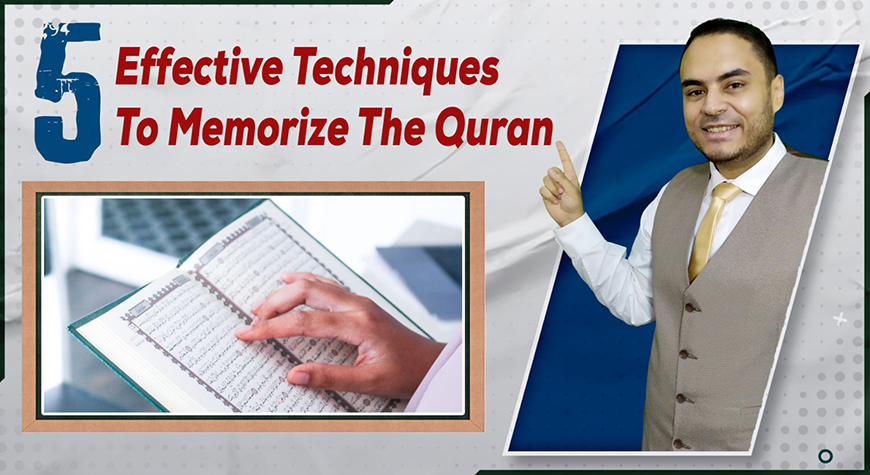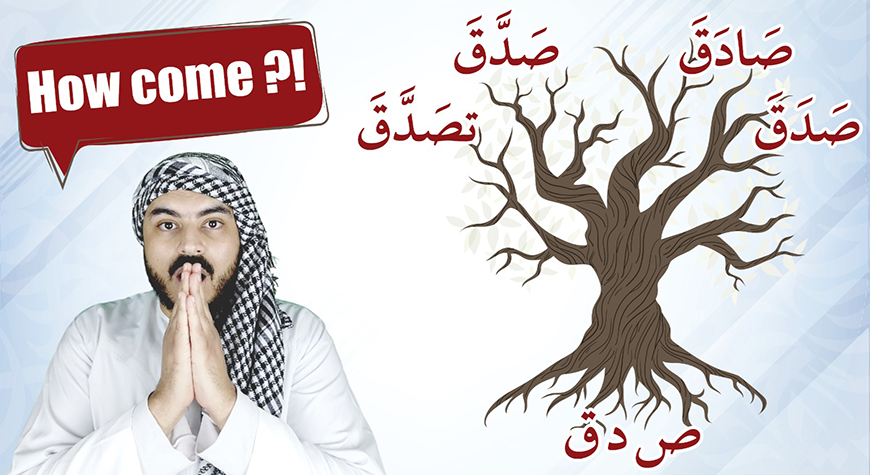“Exploring Arabic Verbs: The Shared Roots of ذَكَرَ, ذَكَّرَ, ذَاكَرَ, and تَذَكَّرَ”
In Arabic, verbs are like a family, with many members sharing common roots. One interesting group of verbs includes ذَكَرَ (thakara), ذَكَّرَ (thakkara), ذَاكَرَ (thaakara), and تَذَكَّرَ (tadhakkara). Let’s explore these verbs and see how they are connected.
You can also see the difference between these verbs and how they are used in the Arabic language through this video below ????????
- ذَكَرَ (thakara): This verb means “to mention.” When you use this verb, you’re talking about bringing something into conversation or speaking about it. For example, if you say, “He mentioned his favorite book,” you’re using ذَكَرَ.
- ذَكَّرَ (thakkara): This verb is closely related to ذَكَرَ but has a special twist. It means “to remind” or “to admonish.” So, when you use this verb, you’re not just mentioning something, but you’re actively trying to make someone remember or pay attention to it. For instance, if you say, “She reminded her friend about the upcoming exam,” you’re using ذَكَّرَ.
- ذَاكَرَ (thaakara): This verb is used when talking specifically about studying or memorizing. It means “to study” or “to memorize.” So, if you say, “He studied Arabic vocabulary,” you’re using ذَاكَرَ.
- تَذَكَّرَ (tadhakkara): This verb is like a combination of ذَكَرَ and ذَكَّرَ. It means “to remember” or “to recollect.” When you use this verb, you’re talking about actively recalling something from memory. For example, if you say, “She remembered her childhood memories,” you’re using تَذَكَّرَ.
These verbs might seem similar, but each one has its own unique meaning and usage. Learning about them can help you understand Arabic better and express yourself more accurately.


